The National Instruments Orchestra of Iran performed its first concert amid much hope and anxiety on July 18, 2015. The Orchestra is founded by Roudaki Cultural and Arts Foundation which is a semi-private foundation in Iran. The Arts Director for the National Instruments Orchestra of Iran is cand the Orchestra Executive Director is Sadjad Pourghand.
Tag Archives: simorq
Latest posts
- Transition to Enlightenment: Six Lectures on Mozart’s String Quartets (5)
- Nasser Masoudi: The Voice of Gilan and a Legacy of Iranian Music
- Farhad Poupel: The Voice of the Shahnameh in the Orchestras Around the World
- Five Major Myths About Mozart’s Life
- Bahma Rajabi Passed Away!
- Reza Vohdani; Unveiling unpublished works, preservation of Iranian classical music
- Ahmad Pejman Passed Away!
- Timeless or Timely: The Role of Historical Context in Defining Artistic Value
- Leading the Charge in Censorship
- The Legacy of Khosrow Jafarzadeh
- Transition to Enlightenment: Six Lectures on Mozart’s String Quartets (4)
- Fereydoun Shahbazian, An Iranian Musical Icon Passed Away
From Past Days…

Musical Sense or Technique?
One of the most popular terms used by Iranian instrumentalists is the existence or a lack of musical “sense”. Both musicians and fans of music consider having “sense” while playing music as an important principle to the extent that they use it vis-a-vis having technique.

Non-profit “Microtona” Project Released
Microtona is a sixty-eight-page Booklet with personal comments by the contributing microtonal artists. The booklet also includes a DVD which consists of 8 original video tracks and 9 original audio tracks. The project is an international one featuring unpublished pieces by composers from Iran, Japan, U.S., France, Austria, Germany and Belgium.
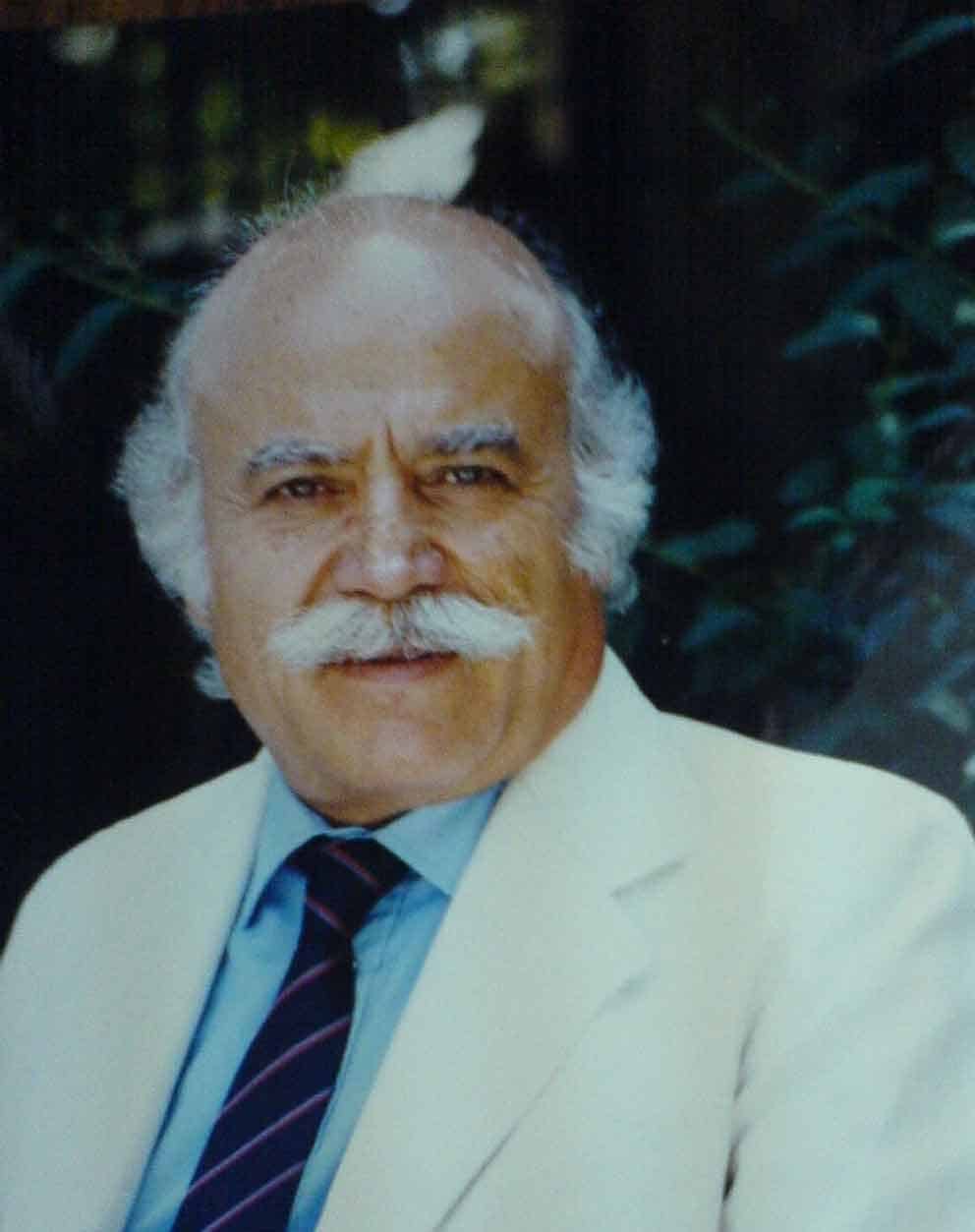
Reza Vohdani; Unveiling unpublished works, preservation of Iranian classical music
Reza Vohdani is a renowned name among tar (traditional Iranian instrument) players, especially within the Iranian music community that values the meticulous practice and teaching of traditional music. While Vohdani honed his skills in music theory and tar playing under the guidance of masters like Ali-Naghi Vaziri, Ali-Akbar Shahnazi, Hossein Dehlavi, and Ahmad Forutan-Rad, it is his unwavering dedication to studying, documenting, and teaching the Iranian classical music repertoire that has solidified his prominence in the field. Recently, Vohdani’s family decided to make his preserved works accessible to the wider art and music community. In this regard, The Persian-language newspaper ‘Iran’ spoke with Sadjad Pourghanad, a musician, university instructor, and music researcher, who shared his opinion into the project, as detailed in the interview below.
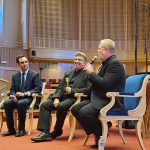
A combination of technique and musicality in the fingers of a pianist
In the world of classical music, the position of soloist has always been exceptional. Apart from the technical ability that many orchestral musicians also have, the soloist must also have a special power to be able to present a different and unique perspective of a piece. The soloist must maintain its special power of expression not only in solo roles but also when interacting with the orchestra.
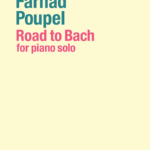
A few steps on the “Road to Bach”
The world of music has unparalleled respect for Bach. Bach is considered the spiritual father of classical music; Bach’s great position is due not only to his great achievements in the fields of harmony, counterpoint, and compositional sciences but also to his respect for and adherence to the artistic principles of classical music. In the history of classical music, it is recorded that Bach walked about fifty kilometers to listen to the music played by the great German organist Dieterich Buxtehude, and this is the path that every idealistic classical music student should walk.
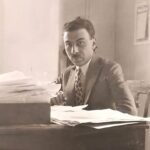
About Davoud Pirnia, the founder of “Golha” radio program
Davoud Pirnia, writer and musicologist was the founder of “Golha” (Flowers of Persian Song and Music) programs on Tehran Radio (1956-1966). He received his early education from his father, Hassan Pirnia (Moshir al-Douleh), and several tutors of the time (Taraghi, interview, July 1989) and continued his studies at Saint Louis School in Tehran and then in Switzerland and graduated in law. While studying law, Pirnia got acquainted with European classical music. Upon returning to Iran, he was employed by the Ministry of Justice and founded the Lawyers’ Guild. Then he was transferred to the Ministry of Finance and established the Department of Statistics in this ministry. Later, he became the head of the state inspection office at the Prime Ministry; he was, then, promoted to the position of the Deputy Prime Minister (Navab Safa, interview, August 1999)

Polyphony in Iranian Music (VI)
Torqeh or jal is the same bird (Bimaculated lark) and is the name of a muqam which is well-known in Torbate Jam and those areas. Jal muqam is called Torqeh in Esfarayen and Bojnourd. This muqam which was used to be played by Bakhshis/Bagşies (dutar-players) in the past is seldom performed today.

Parviz Meshkatian’s Heart Beat for People (II)
As such, the young Meshkatian reached the position of a great maestro in the Iranian music. Up until 1997, Meshkatian remained prolific and composed many pieces which were characterized by progressiveness while drawing on the music of the past Iranian musicians. In some of Meshkatian’s works, one can trace the influence of maestros such as Faramarz Payvar; however, this influence is so balanced that one can neither say that Meshkatian is a progressive and deconstructionist composer nor does he use cliché forms in his compositions.
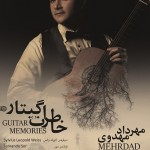
“Guitar Memories” Released
The album “Guitar Memories” consists of the performance of baroque to recent era masterpieces, by Mehrdad Mahdavi, and is published by Tanin-e Honar Publication.
In this album there are pieces composed and arranged by artists such as: Sylvius Leopold Weiss, Johann Anton Logy, Fernando Sor, Yuquijiro Yocoh, Leo Brouwer.
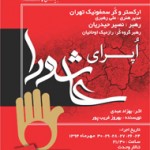
Ashoura Opera
Ashura Opera was composed by Behzad Abdi, the Iranian composer, in 2008 based on librettos compiled by Behrouz Gharib. The main source for the libretto is poems by Mohtasham Kashani, a sixteenth century Iranian poet.